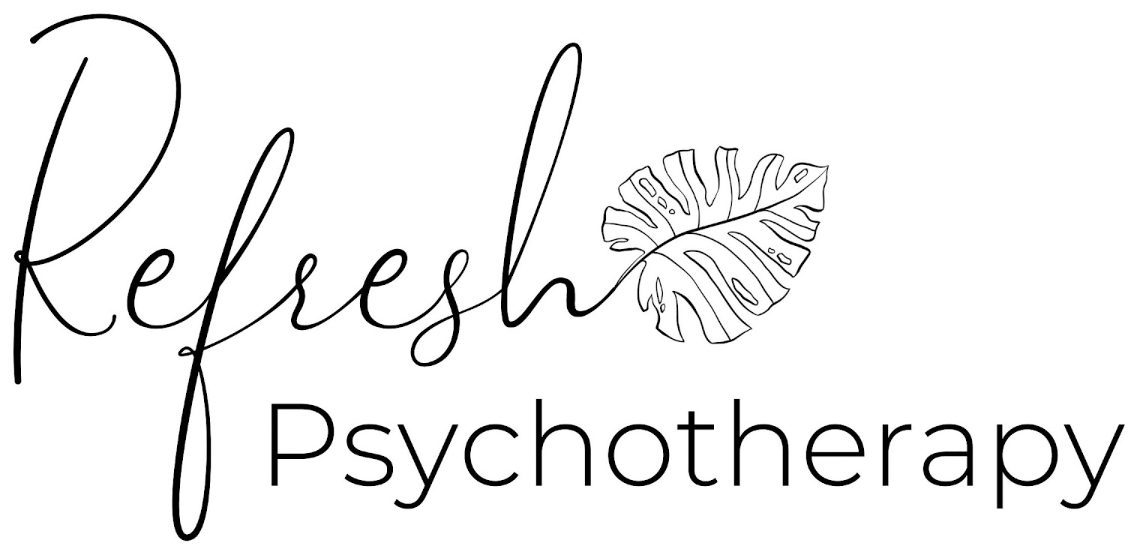
5 ways to talk to your partner(s) about your dislikes in the bedroom- Effective communication for the win!
We all have grown up hearing the saying, “Communication is key”. It couldn’t be more true, especially when we are talking about the communication between you and your partner(s) in the bedroom. This is a topic, in society, still viewed as taboo. Schools still struggle to navigate conversations around sexual education and forget about freely talking about your likes and dislikes over some coffee.
We have been raised with very little free space to freely talk about intimacy, so it makes sense why it is such a difficult topic to feel comfortable discussing with your intimate partner(s). No one wants to tell someone they like or love that they are, “doing it wrong”. While this is empathetic, what then is the end result from holding back our true likes and dislikes when it comes to intimacy? What happens when we repress our needs and wants for someone else’s happiness or comfort? Clients tell me all the time, “I am nervous to rock the boat”. This is such a valid hesitation, however, the boat is already rocking if you aren’t being fulfilled. Picture this, you are in the middle of the Atlantic on this boat with said partner(s), and you need to work together to find your way to land for more food and water because you are running low. In order to do this, you need to communicate effectively to ensure everyone is getting what they need to be successful in the relationship. Long story short, the boat is rocking and will sink if you don’t start effectively communicating to get to those needed reservations, aka intimacy that is leaving you both feeling happy and fulfilled. When we partake in intimacy that is not leaving us fulfilled we can begin to make an association with intimacy as a place of stress, anxiousness and sometimes even frustration and resentment. Orgasms should never be associated with any of those.
So how do you talk to your partner(s) about your likes and dislikes if they aren’t being met?
- TIMING – Make sure you pick an appropriate time to talk. Letting your partner know that you have something you would like to discuss and asking when would be a good time you can both/all sit down to discuss this.
- TALK ABOUT THE GOOD BEFORE THE BAD – Starting a conversation off with all your complaints or displeasures will surely leave your partner(s) guarded and shut down. You want to ensure your partner(s) is listening with open arms. Praise them on the things you do like, the things you are happy about. Letting them know you acknowledge the positives in your relationship and recognize their efforts.
- BRING UP HOW YOU FEEL and WHY – Let them know how you feel. This is a straightforward approach, no beating around the bush. If you are feeling disconnected, tell them. If you are feeling lonely, tell them. If you are feeling rejected, tell them. If you are feeling frustrated, you know what to do, tell them. Once you have told them how you feel, provide insight on why. Giving context to your feelings is very important for your partner(s) to hear you. This means, give the contexts/ situations that have left you feeling this way.
- TELLING THEM WHAT YOU NEED – So you have told them the problem, given them the context on why you feeling what you feel, now it is time to provide them what you need instead. No one is a mind reader (I wish we all were) so it is important for your partner(s) to know what is needed to feel happy. Rule of thumb, if it is in your mind and hasn’t been said, it needs to be advertised so no unrealistic expectations are placed on your partner(s) to know what you need without saying.
- COLLABORATE – Collaborating with your partner(s) allows you to hear what they need as well and how to achieve both needs for each other. Sometimes a need may not be negotiable, but how you get there with your partner can be negotiated. Give a visual, a road map of how you and your partner(s) can possibly achieve this.
Intimacy is supposed to be a protective factor, not a place to stress or become anxious. Conflict is not the big bad evil experience that the media and society paints. Without conflict it is impossible to grow. It is how you partake in conflict that determines if it is positive or negative. I leave you with this, how will you approach your conflict to get the results you deserve?
